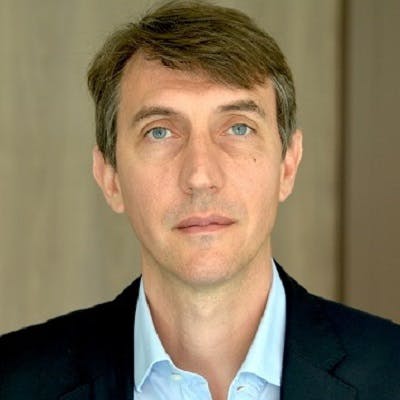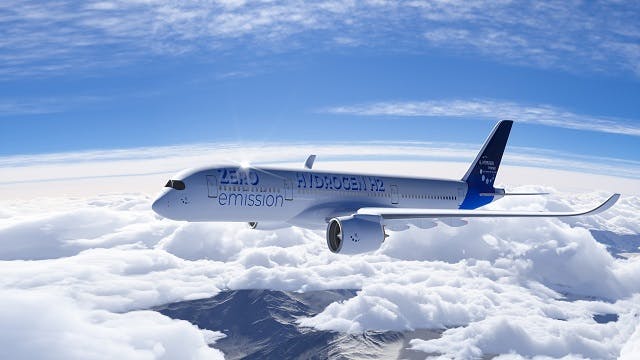The civil aviation sector is working to reduce its climate impact by finding alternatives to conventional kerosene-based aircraft, with hydrogen being a promising option. The European Commission aims for carbon neutrality by 2050, and sustainable aviation fuels are also being investigated. However, hydrogen has economic advantages over alternative fuels. With the help of Simcenter simulation technologies, it’s possible to model and simulate the performance of regional aircraft using various fuels and propulsion systems and evaluate the results. Additionally, by utilizing computational fluid dynamics (CFD) and large eddy simulation (LES), we can develop and implement new combustion methods based on precise design and geometric tuning. This helps overcome challenges related to hydrogen usage.
Webinar topics
This webinar will cover:
- Why there’s increasing interest in hydrogen
- Preliminary modeling and simulation of hydrogen-propelled regional aircraft thanks to Simcenter system simulation technology
- Zero carbon emission perspective for gas turbines and aero engines and why this could pose challenges
- Fundamentals of micromix combustion for hydrogen as a totally new idea to overcome challenges with inherent safety and operational readiness
- LES hydrogen combustion simulation of a micromix burner using CFD simulation technology
- Application examples
À propos des intervenants

Erik Munktell
Responsable des solutions Simcenter pour l'aéronautique
Erik a travaillé avec des turbines à gaz pendant 13 ans, en occupant divers postes de R&D. Il a rejoint Siemens Digital Industries Software en 2018. Il est aujourd'hui consultant industriel dans le domaine des turbomachines.

Stéphane Mouvand
Responsable Développement Commercial pour l'Aéronautique et simulation de systèmes Simcenter
Stéphane a rejoint Siemens en 2005 en tant que représentant commercial pour les grands clients du secteur aéronautique. Aujourd'hui, Stéphane dirige le développement commercial de l'aéronautique et de la défense pour les solutions de simulation de systèmes Simcenter.

Constantin Striegan
Development Engineer, Software / Combustion Simulation Expert
Constantin studied aerospace engineering at the University of Applied Sciences in Aachen, Germany, and finished with a Master of Science degree in 2015. He specialized in propulsion technology and numerical mathematics in fluid dynamics. He joined B&B-AGEMA in 2015, and in 2018, he became a development engineer and team leader for software development, working on programs for the design and improvement of compressors and turbines calculations and gas and steam turbine cycle analysis.
